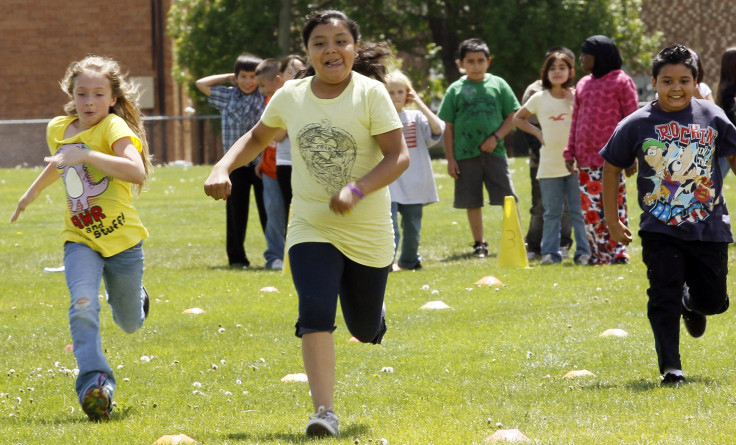Recess Important for Kids, Pediatricians Say

Recess is important for the wellbeing of a child and this playtime must not be withheld for academic reasons or for punishing kids, says a new policy statement from The American Academy of Pediatrics (AAP).
Unstructured playtime gives children a break from routine tasks and allows them to rest, play, imagine, think and move, according to AAP. Children are more likely to perform better at cognitive tasks after recess.
"Kids do much better when they get breaks in the day," Dr. Robert Murray, a professor of pediatric nutrition at The Ohio State University and co-author of the policy told CBS News.
According to policy recommendation, recess shouldn't be part of the physical education class and children must be allowed to use the time to play or to socialize.
"Importantly, recess should be used as a complement to physical education classes, not a substitute," policy statement co-author Dr. Catherine Ramstetter, a health educator at The Christ College of Nursing and Health Sciences in Cincinnati, told CBS News.
In addition to exercise, children can develop social skills during recess that aren't acquired in a classroom. AAP said that if children don't just play during the breaks, but also talk to their peers, it helps them bond with others.
Structured activity during recess may help children stay safe, but it takes away a personal choice from the child, AAP said. Experts say that recess time must not be substituted for physical education class. The association also said that schools must ban games and activities that put the child's safety at risk, but shouldn't strike off recess.
The policy statement is published in the journal Pediatrics.
Published by Medicaldaily.com



























